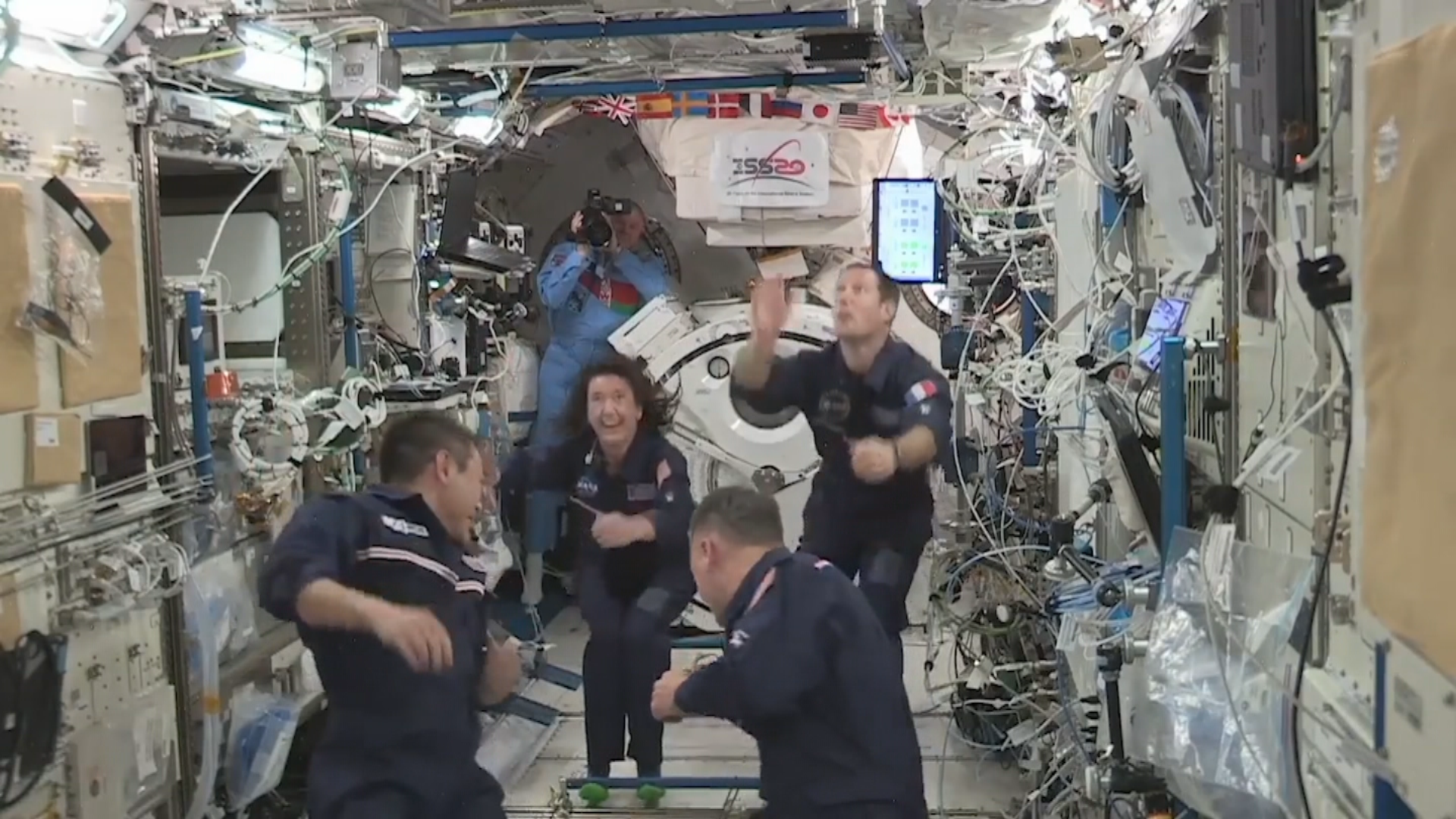Health Spotlight: Preserving bones on Earth and in space
INDIANAPOLIS (WISH) — Approximately 10 million Americans have osteoporosis and another 44 million are at risk of getting it. Half of women and a fourth of men will break a bone during their lifetime.
That’s why one researcher is focusing on new treatments to make bones stronger – and she’s not only doing it in the lab but up in space too.
Astronaut Frank Rubio didn’t realize he would be making history when he left for a six-month mission to the International Space Station. But delays kept him in orbit for 371 days, logging the longest time spent in space than any other U.S. astronaut.
“Being in microgravity is a lot of fun, mostly because you get to float around,” Rubio said.
But all that floating takes a toll on your body, especially your bones. Previous research shows astronauts lose decades’ worth of bone mass in space.
Researcher Melanie Coathup studies bone at the University of Central Florida.
“I’m really intrigued in developing new ways of boosting bone repair, but when it’s under challenging conditions,” Coathup said.
The National Institutes of Health reports that nearly all cancer patients who undergo radiation are at an increased risk for bone loss and fractures.
“The damage that ionizing radiation causes to the bone, it can be quite significant. And there’s no therapy out there at the moment that can help to protect the bone,” Coathup said.
Coathup helped develop a synthetic bone substitute material called Inductigraft, which boosts bone repair and regeneration, and is currently developing a ‘nano enzyme’ that helps protect cells against DNA damage caused by radiotherapy.
“How do we get that bone repair response to really ramp up and heal?” asked Coathup.
The answer may help keep bones strong whatever extreme circumstances they may face.
Researcher Coathup is also looking at how fluid changes in the bones impact astronauts in microgravity.
Finding the answers may be critical considering we’re in a space race to land a person on Mars by the late 2030s, which will take a minimum of seven months to reach the planet.
This story was created from a script aired on WISH-TV. Health Spotlight is presented by Community Health Network.
